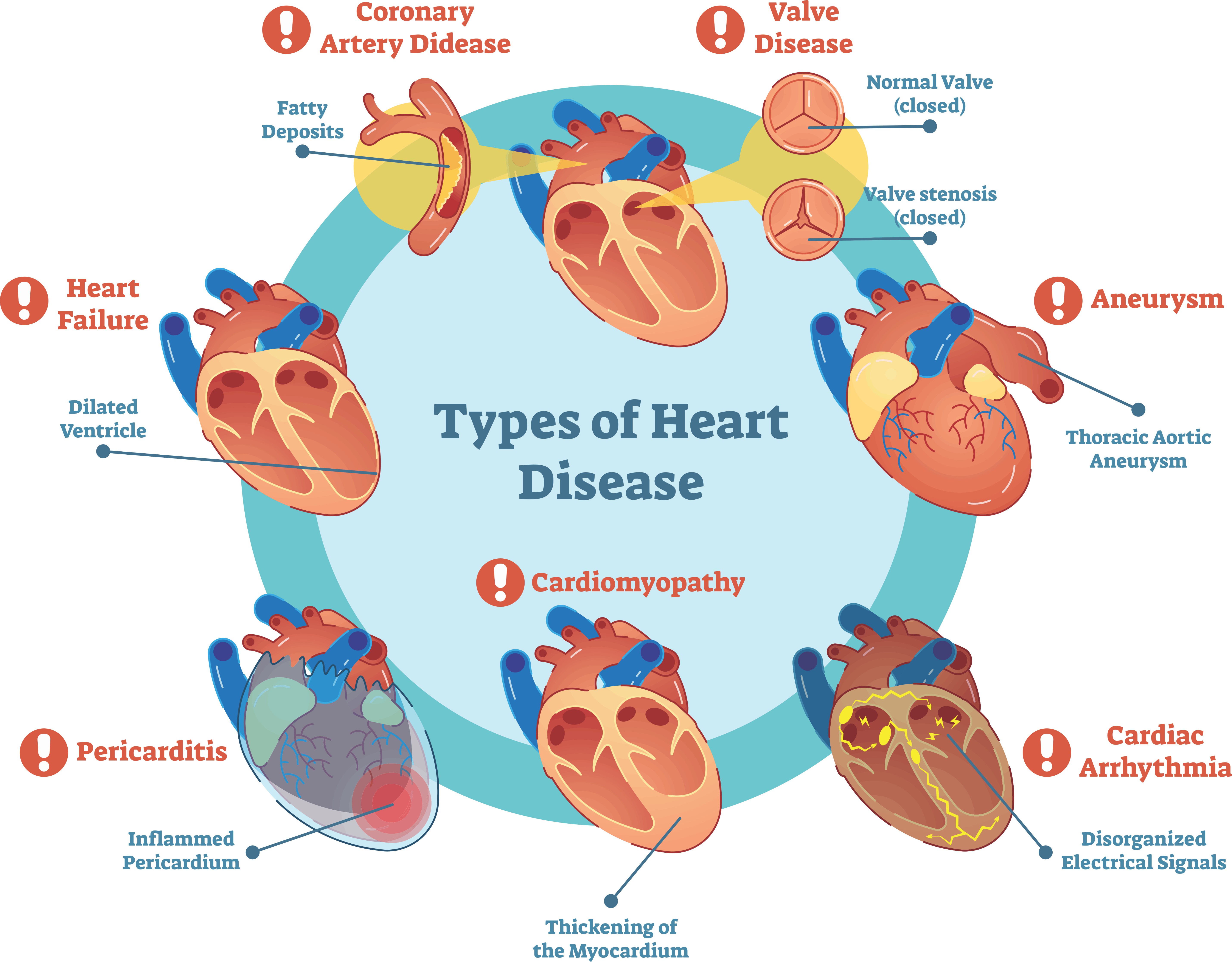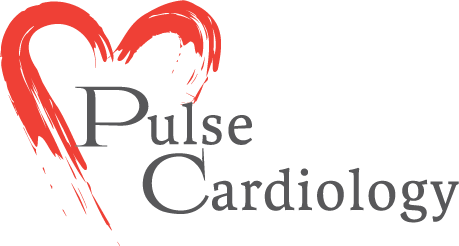Heart Disease: Diagnosis and Treatment
What is Heart Disease
All the organs of the body are very important in their own way but the heart is one organ that needs to be functioning properly so that the body can operate at its best capacity. Heart disease is one of the leading causes of deaths worldwide, especially with the changing lifestyles and increased stress. The heart is the muscle of the body which pumps blood to the rest of the body for functioning with the help of arteries and veins. If arteries, veins, or the heart muscle stops functioning properly due to any reason, that person suffers from heart diseases.
Heart disease can be due to many underlying conditions or even hereditary reasons. Heart disease can be described by several diseases mentioned below:-
- Coronary Heart Disease (CHD): This is a major type of heart condition mostly suffered by the majority of people. This occurs due to the blockage of arteries due to fat deposits causing improper circulation of blood.
- Arrhythmia is a heart condition in which the heartbeats are irregular. Heartbeats can be too fast, too slow or irregular.
- Heart Valve Disease is the condition when any of the four valves of the heart get affected or stops functioning.
- Heart failure is the condition wherein the heart muscles just collapse and cannot pump enough blood to the body. It can be a very fatal condition.

Heart Disease Diagnosis
With the advancement of medical science, there are many ways for doctors to evaluate heart disease. Some of these methods are:-
Blood tests:- This is the most common way to check for any problems our body might be having. Blood samples are taken to see if there are signs of any conditions, such as high cholesterol, which can affect the heart.
Electrocardiogram:- Commonly known as ECG, a test done with the use of electrodes records the electrical activity of a person’s heart. Through this test, the doctor can see any problem with the heart rhythm and any subsequent damage to the heart.
Scans:- Different scans are done to take the best images of the heart to do the correct diagnosis. Some of these are cardiac computerized tomography, commonly known as CT Scan or MRI, which is known as Magnetic Resonance Imaging.
Invasive Procedures:- Although these are minimally invasive methods, but procedures like Coronary Angiogram or Myocardial biopsy are performed by doctors to find out the extents of blockages in the heart.
Heart Disease Treatment
The best and long term method for treating any heart condition is making good lifestyle changes, such as healthy eating habits, regular exercise, and stress management. However, sometimes these changes are difficult to be met so one has to take medications as prescribed by the doctor. At times, when the diagnosis is done at a later stage or the heart is in serious condition, one has to go for invasive procedures, for example, coronary artery bypass surgery, heart valve surgery, implantable pacemaker, and lastly, heart transplant.
It is imperative to consult with a cardiologist for complete testing and treatment to ensure a healthy lifestyle and avoid further heart complications.
